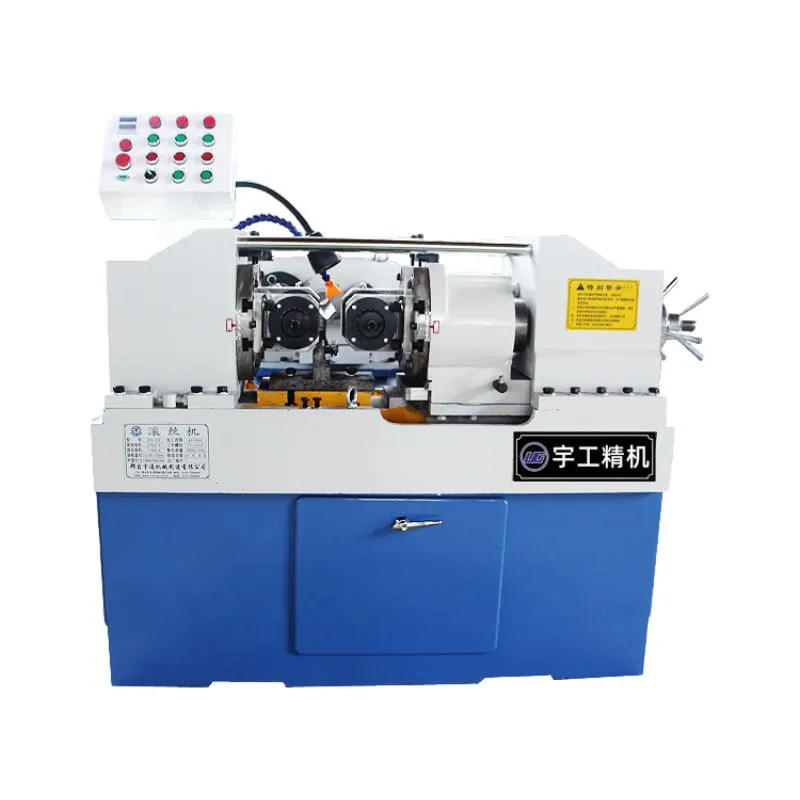
-
 Afrikaans
Afrikaans -
 Albanian
Albanian -
 Amharic
Amharic -
 Arabic
Arabic -
 Armenian
Armenian -
 Azerbaijani
Azerbaijani -
 Basque
Basque -
 Belarusian
Belarusian -
 Bengali
Bengali -
 Bosnian
Bosnian -
 Bulgarian
Bulgarian -
 Catalan
Catalan -
 Cebuano
Cebuano -
 Corsican
Corsican -
 Croatian
Croatian -
 Czech
Czech -
 Danish
Danish -
 Dutch
Dutch -
 English
English -
 Esperanto
Esperanto -
 Estonian
Estonian -
 Finnish
Finnish -
 French
French -
 Frisian
Frisian -
 Galician
Galician -
 Georgian
Georgian -
 German
German -
 Greek
Greek -
 Gujarati
Gujarati -
 Haitian Creole
Haitian Creole -
 hausa
hausa -
 hawaiian
hawaiian -
 Hebrew
Hebrew -
 Hindi
Hindi -
 Miao
Miao -
 Hungarian
Hungarian -
 Icelandic
Icelandic -
 igbo
igbo -
 Indonesian
Indonesian -
 irish
irish -
 Italian
Italian -
 Japanese
Japanese -
 Javanese
Javanese -
 Kannada
Kannada -
 kazakh
kazakh -
 Khmer
Khmer -
 Rwandese
Rwandese -
 Korean
Korean -
 Kurdish
Kurdish -
 Kyrgyz
Kyrgyz -
 Lao
Lao -
 Latin
Latin -
 Latvian
Latvian -
 Lithuanian
Lithuanian -
 Luxembourgish
Luxembourgish -
 Macedonian
Macedonian -
 Malgashi
Malgashi -
 Malay
Malay -
 Malayalam
Malayalam -
 Maltese
Maltese -
 Maori
Maori -
 Marathi
Marathi -
 Mongolian
Mongolian -
 Myanmar
Myanmar -
 Nepali
Nepali -
 Norwegian
Norwegian -
 Norwegian
Norwegian -
 Occitan
Occitan -
 Pashto
Pashto -
 Persian
Persian -
 Polish
Polish -
 Portuguese
Portuguese -
 Punjabi
Punjabi -
 Romanian
Romanian -
 Russian
Russian -
 Samoan
Samoan -
 Scottish Gaelic
Scottish Gaelic -
 Serbian
Serbian -
 Sesotho
Sesotho -
 Shona
Shona -
 Sindhi
Sindhi -
 Sinhala
Sinhala -
 Slovak
Slovak -
 Slovenian
Slovenian -
 Somali
Somali -
 Spanish
Spanish -
 Sundanese
Sundanese -
 Swahili
Swahili -
 Swedish
Swedish -
 Tagalog
Tagalog -
 Tajik
Tajik -
 Tamil
Tamil -
 Tatar
Tatar -
 Telugu
Telugu -
 Thai
Thai -
 Turkish
Turkish -
 Turkmen
Turkmen -
 Ukrainian
Ukrainian -
 Urdu
Urdu -
 Uighur
Uighur -
 Uzbek
Uzbek -
 Vietnamese
Vietnamese -
 Welsh
Welsh -
 Bantu
Bantu -
 Yiddish
Yiddish -
 Yoruba
Yoruba -
 Zulu
Zulu
Thread Rolling Machine Setup Cost and Pricing Guide
Understanding the Cost of Thread Rolling Machine Setup
The manufacturing industry continously seeks cost-effective solutions to optimize production processes, particularly when it comes to thread forming technologies. A crucial piece of equipment in this category is the thread rolling machine. This machine plays an essential role in various applications, from automotive to aerospace, by producing high-strength threads on different materials. When considering the acquisition and setup of a thread rolling machine, it’s vital to understand the costs involved and the factors influencing these prices.
1. Overview of Thread Rolling Machines
Thread rolling machines are specialized tools that create threads by deforming the workpiece material, rather than cutting it. This method enhances the strength of the threads and ensures better surface finish compared to traditional machining methods. There are generally two types of thread rolling processes tangent and axial. Each comes with its unique setup requirements and pricing.
2. Initial Investment
The initial investment for a thread rolling machine can vary widely based on the machine's capabilities, manufacturer, and specifications. Prices for entry-level machines may start from $10,000 to $30,000, while more advanced, high-capacity models can range from $50,000 to over $100,000. This initial purchase often includes basic tooling and setup but may not cover additional expenses such as training or advanced tooling upgrades.
Tooling is another significant aspect of thread rolling machine setup. The right tooling is critical for achieving precise thread profiles and ensuring quality output. Tooling costs can vary based on the material and type of threads being produced. On average, companies should budget anywhere from $1,000 to $5,000 for initial tooling, with some custom dies costing considerably more. Regular maintenance and replacements may also add to ongoing costs.
thread rolling machine setup pricelist

4. Setup and Installation Fees
Once the machine is procured, setup and installation comes next. This phase involves aligning the machine, configuring control systems, and integrating it into existing production lines. Professional installation services can cost anywhere from $2,000 to $10,000, depending on the complexity of the machine and the extent of integration required. It's often worth investing in professional installation to ensure optimal performance and prevent technical issues down the line.
5. Training and Workforce Development
To maximize the potential of the new equipment, training personnel is essential. Operators must understand the nuances of thread rolling and how to maintain the machinery effectively. Training programs can range from a few hundred to several thousand dollars, depending on the duration and depth of the training. Investing in employee development helps in reducing operational errors, thus safeguarding the productivity of the entire setup.
6. Maintenance Costs
Like any industrial machinery, thread rolling machines require regular maintenance to ensure longevity and performance. Maintenance costs will vary based on usage intensity and specific machine design. Companies should expect to budget around 5% to 10% of the initial purchase price annually for upkeep, including routine checks and repairs.
7. Conclusion
The overall cost of setting up a thread rolling machine involves multiple components beyond just the initial purchase price. From tooling and installation to ongoing maintenance and training, it’s essential for manufacturers to conduct a detailed cost analysis before deciding on the purchase. By understanding these factors, businesses can make informed decisions that align with their production goals and budget constraints. Ultimately, investing in a thread rolling machine can lead to significant enhancements in production efficiency and product quality, making it a valuable asset in any manufacturing operation.
